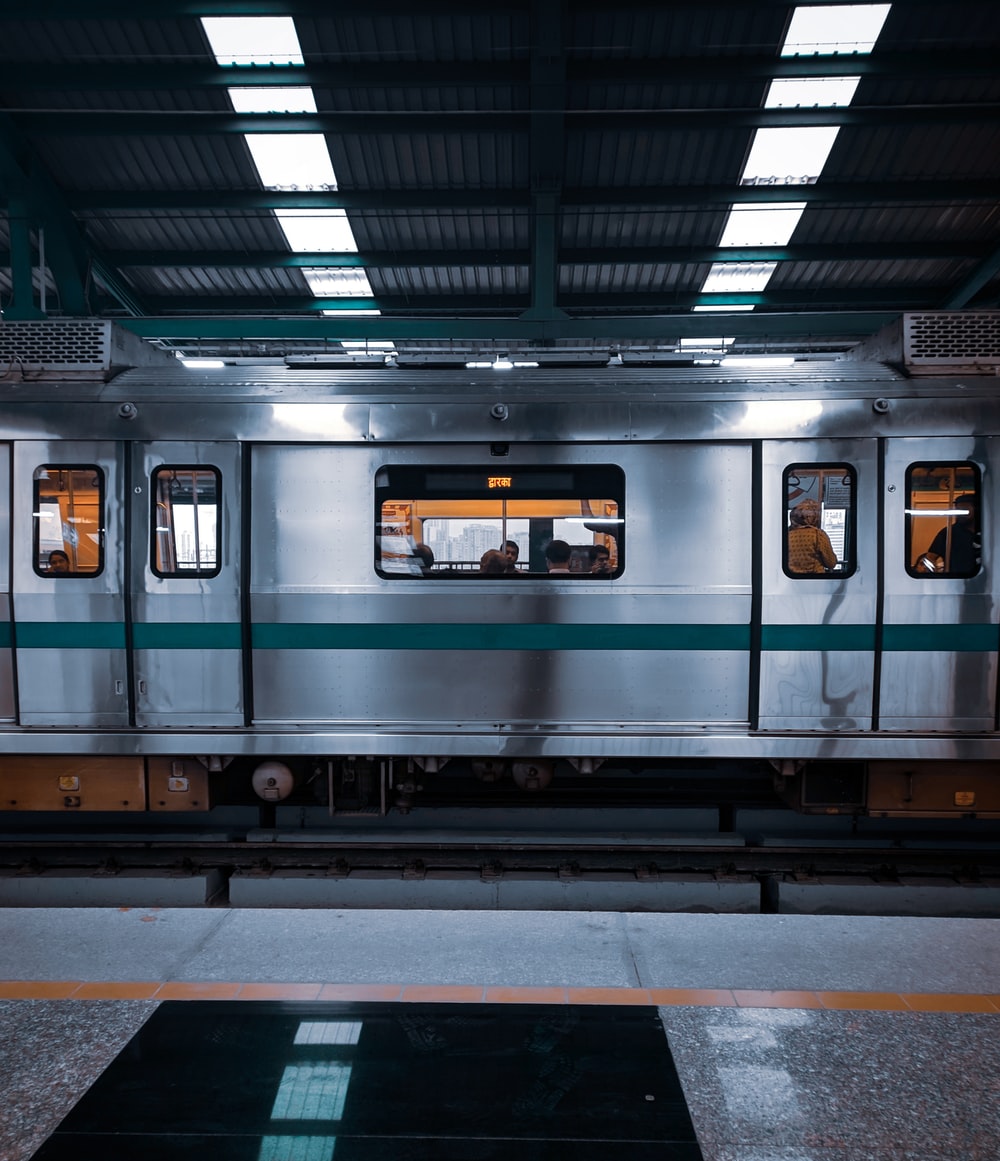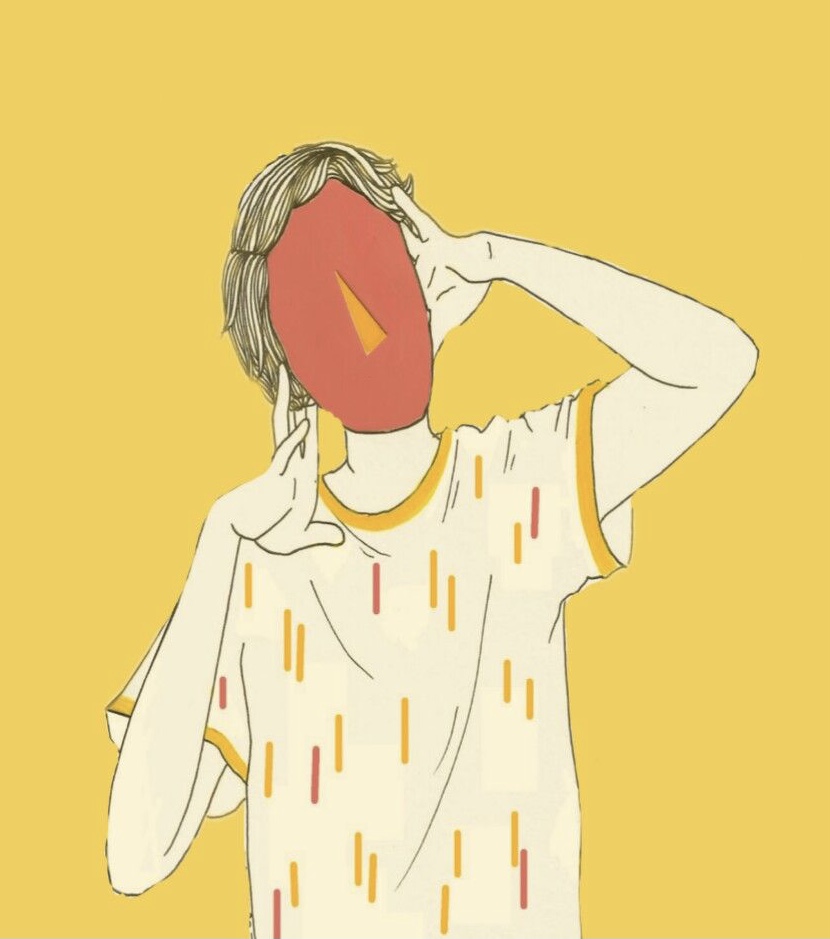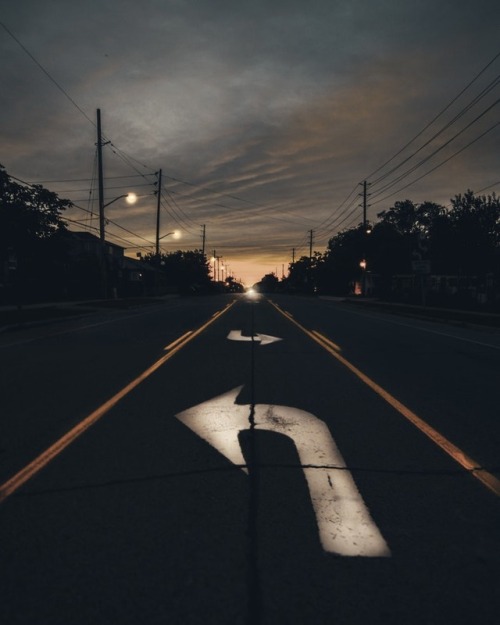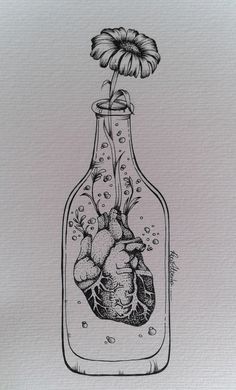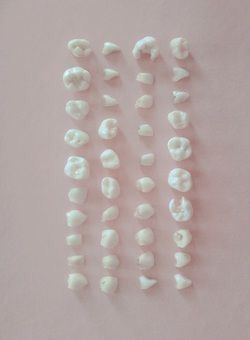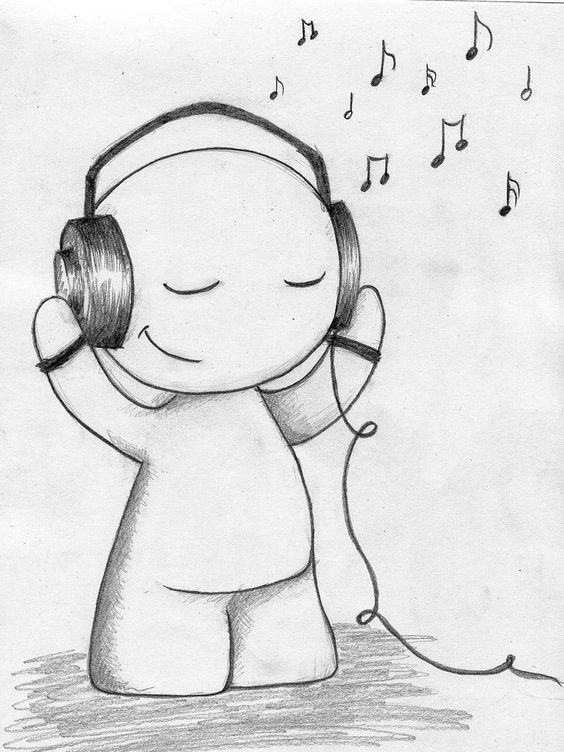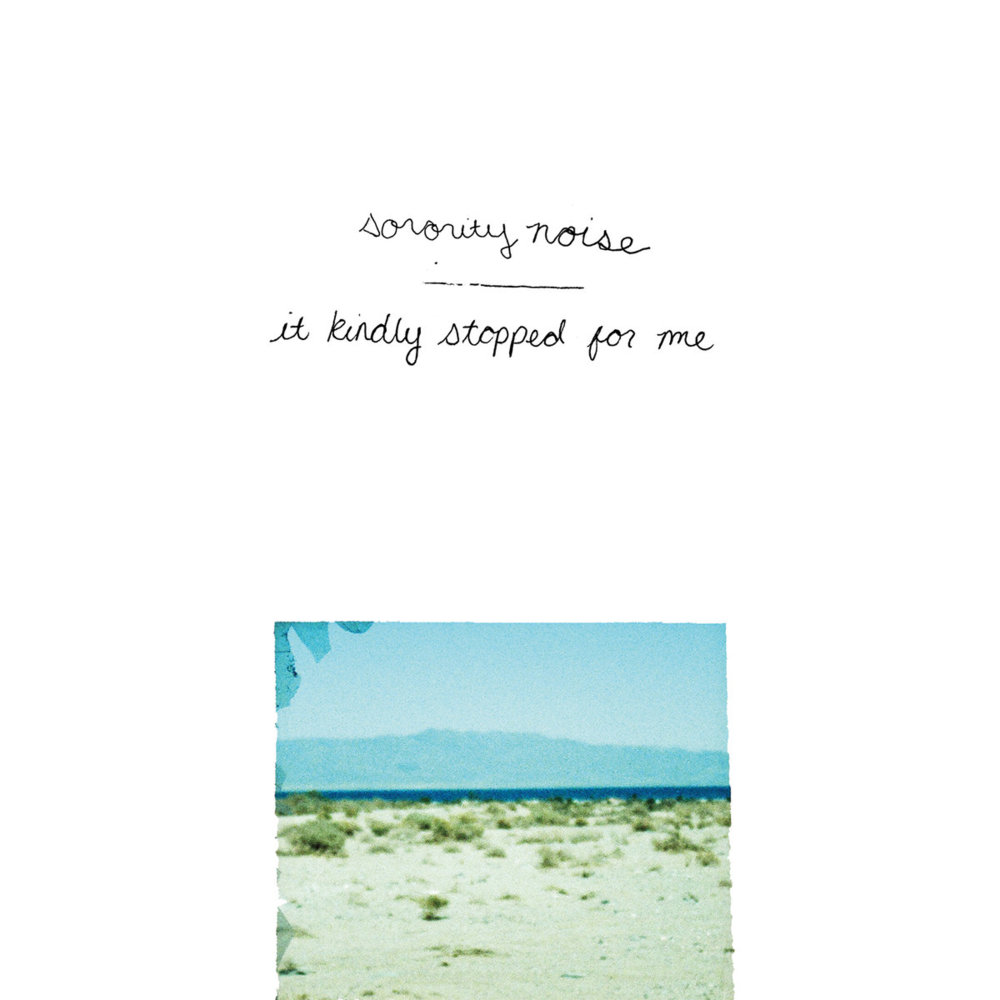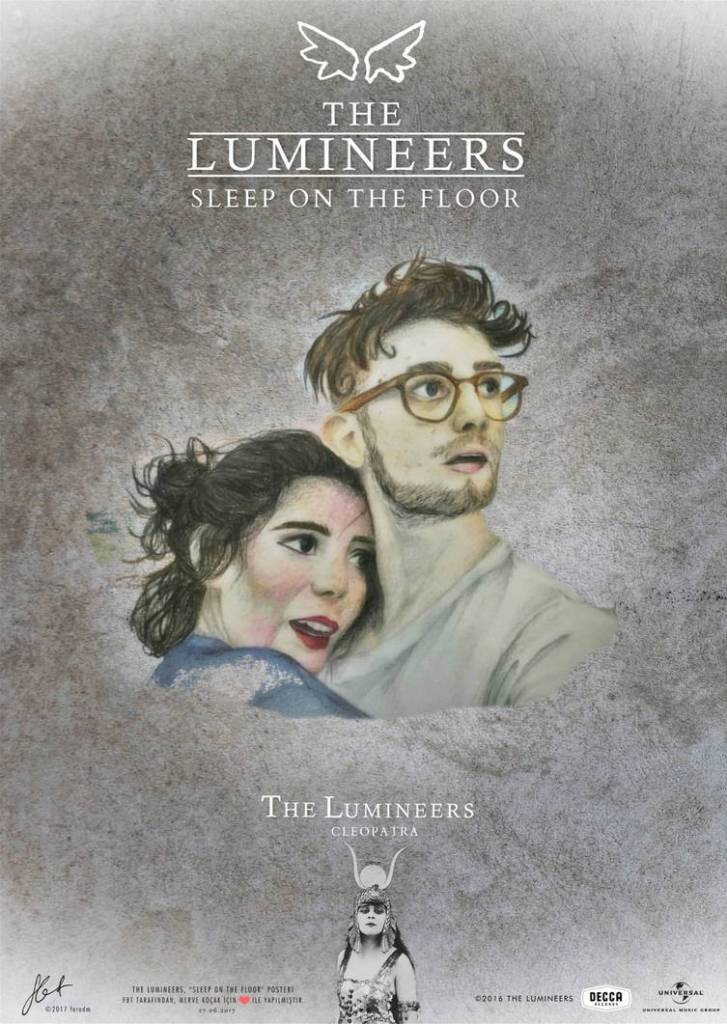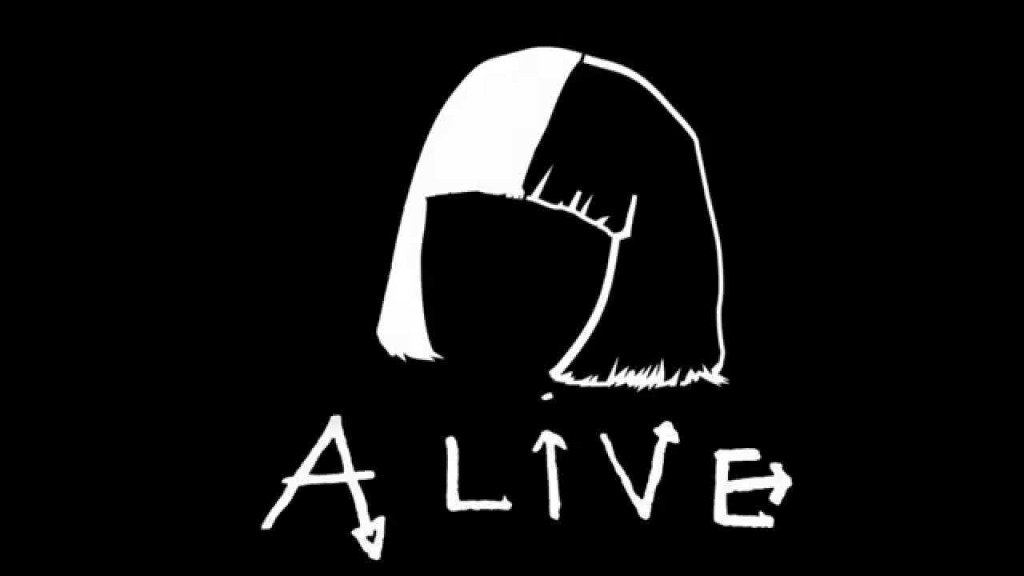I haven’t written here in a long time. There is a reason for this, I suppose. Most of what I have written here has been about me trying to find the footholds that keep me from slipping off the rocky path to understanding myself and the world around me. And now, this world around is becoming so unbelievably unkind with each passing day that it seems almost perverse to try and understand it, it has become unintelligible, sentences roughly picked up off a page and mangled between palms dipped in avarice, turning letters into mutilated insects. A lot has been happening in the past two years. People are suffering on the stage of a world that refuses to stop its greed from fuelling their misery. A battle is being waged in many pained lands, painted with the black and white of nationalism and religion, with those suffering infamously smeared with the black. Governments and companies are funding a genocide and offering up justifications written in blood for killing and starving children. My own country has turned into a war cry of hate where the truth is jailed without trial—sometimes also murdered—and history is being chopped up into rough-edged chunks that are then pieced together with the saffron glue of misinformation.
The reality of pain has permeated all that exists in this world—from what I eat to what I wear—it swaddles the spine of those who care to pay heed to it, carrying the truth of incomprehensible cruelty in a rucksack on its back. We are sabotaging ourselves with a violent and apocalyptic fervour—clogging our rivers with the evidence of a wasteful existence, weighing down our air with unheard poisons, breaking apart our mountains for the devil named progress—led by misguided messiahs peddling pain to those who cannot afford their next meal. Can I count myself as a good person in a world where every structure, every institution, every power is instated through exploitation? The acknowledgement and recognition of one’s privilege is an acknowledgement that one benefits from the very structures they condemn. Any life of comfort one leads in this world of inequality must be an existence of guilt, an unease that sits on the back of your neck like the itch of an uncut tag from a new sweater. This guilt, the ability to witness as a whole people is displaced from their homes, and killed, fixates me. The act of witnessing induces a shameful immobilisation, reminding me of Niobe turned into stone by Zeus on Mount Sipylus, tears flowing from her stony lids, a despairing waterfall of guilt. Niobe was cursed perpetually into a crying stone, a reinforcement of god’s will, watching her fateful actions play out forever on the rigid stone of her body, but we, as onlookers, have the contemptible privilege of looking away, of disconnecting, of disengaging. As it turns out, then, both the guilt of partaking in the structures that perpetuate the violence one condemns, and the guilt of wanting to look away, renders one useless, stoned in by the myriad of things one can’t do to help, and unable to think of the things one can.
This deplorable state of being is the one I have found myself in since last year. A state of an inexcusable impotence of the heart. I am a plant rotting at its roots, inches away from spreading the contagion of ruin. I have embraced a solipsistic dissociation, a dissociation that gets evermore polished with each passing year, carrying itself forward with only a changed number and no new me. The world and its offerings have turned into a concrete grey appendage I cannot see the life of. I observe and log, but I stop short of going beyond the title of interest. I label the feeling, but I don’t feel it, a book with no words to fill its belly, only the covers that seal it together. It is as if I am one of those false bottomed cups, ones that seem as if they can gather so much within themselves, but when poured into, they show their true depth.
In the new year, I do not want a new self, I want to resurrect my old one. I want to retrieve the self that could take in others’ pain and instead of getting turned to stone, would do whatever little was in her power to reduce it. I want to fix this inaction of the soul, its fortification against the world that it scorns to experience. I need to breathe life into the gangrened muscle of my heart. I want, in the new year, to feel. I want to feel it all. The joy, the rage, the nostalgia, the despair, the kindness, the helplessness, and all the other emotions life moulds within itself. I want to let the joy wash over me and let the anger ensure that the joy is coming from a place that does not steal it away from others who deserve it. I want to let my guilt and unease be a leash that keeps me from running wild in the jungle of this world, and instead, walk barefoot on the earth, feeling its every ache and joy in my nerves. I don’t know whether I am a good person, the very act of gauging the goodness of my actions or my person seems like an absurd exercise given the context of our existence. There is a lot to fight for and a lot to fight against, and I do not want to be a rotten plant in a world that, more than ever, needs green leaves to shine against the blue sky.





